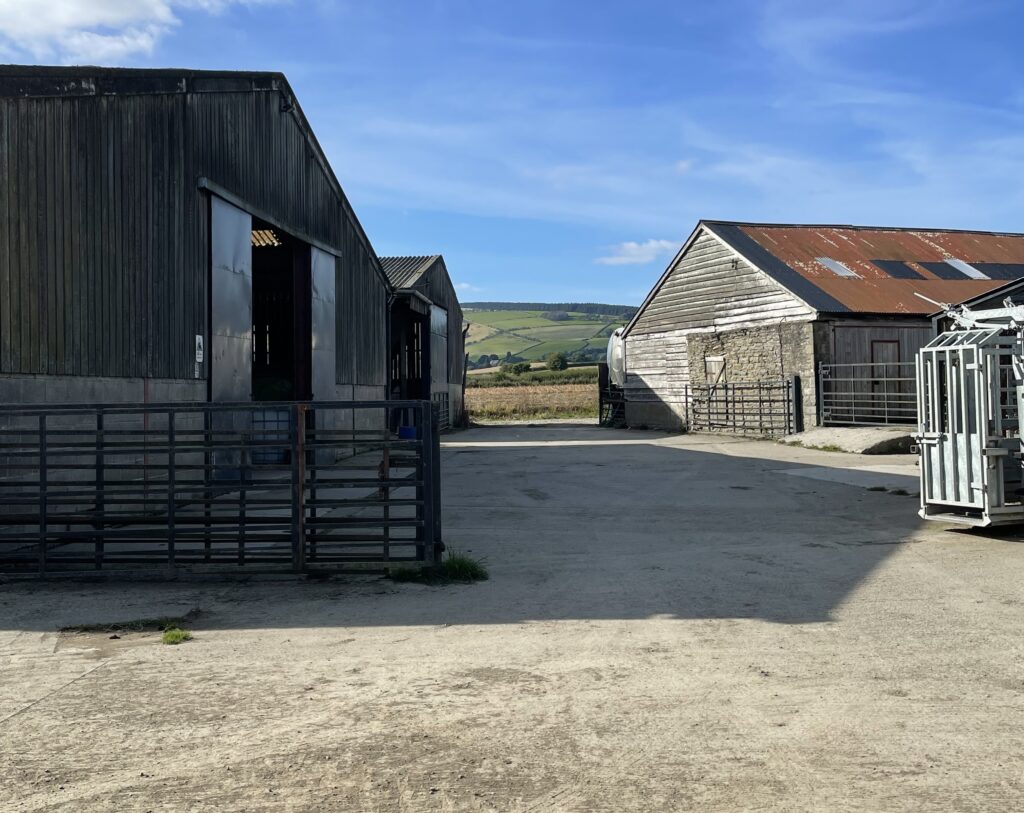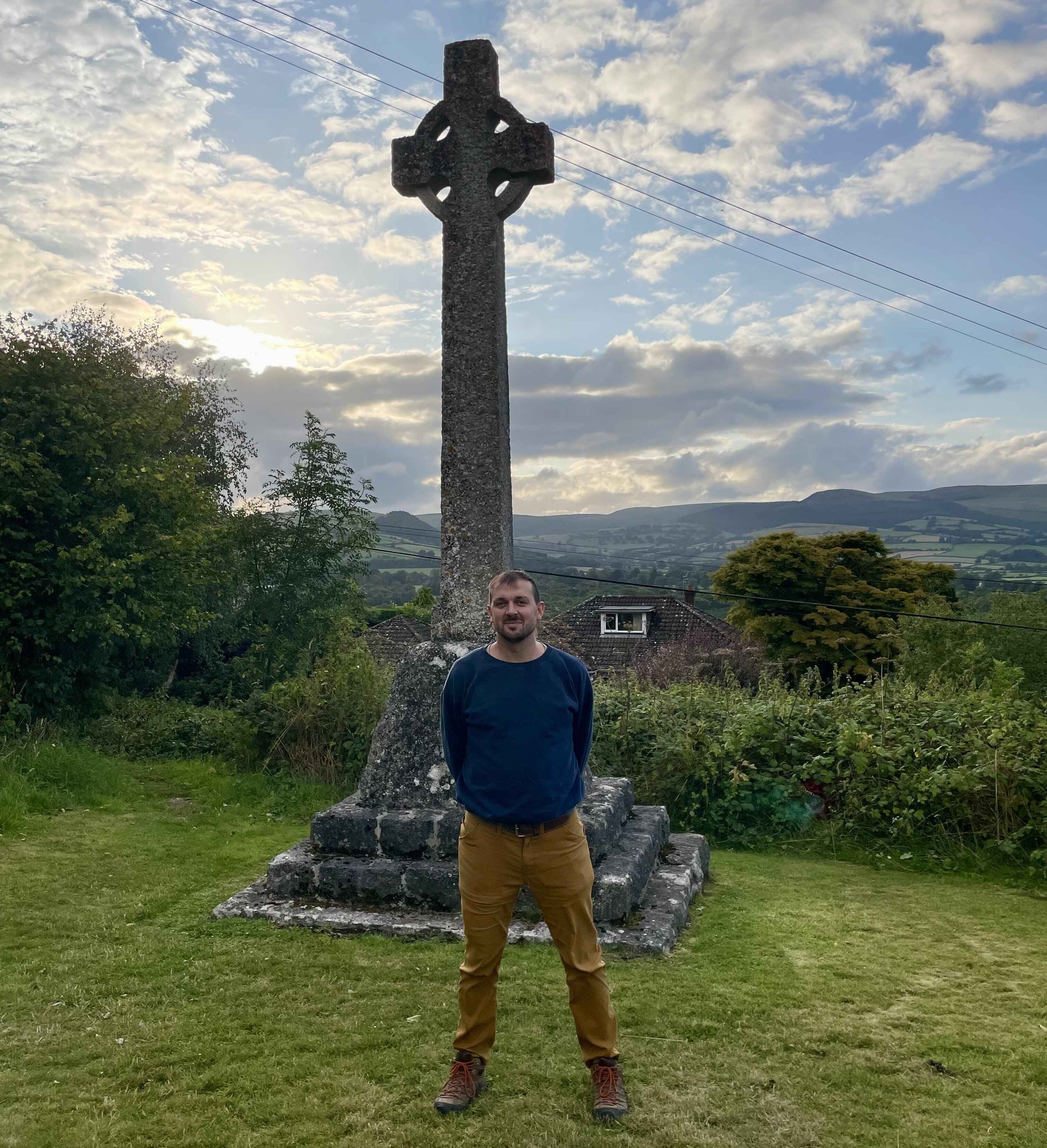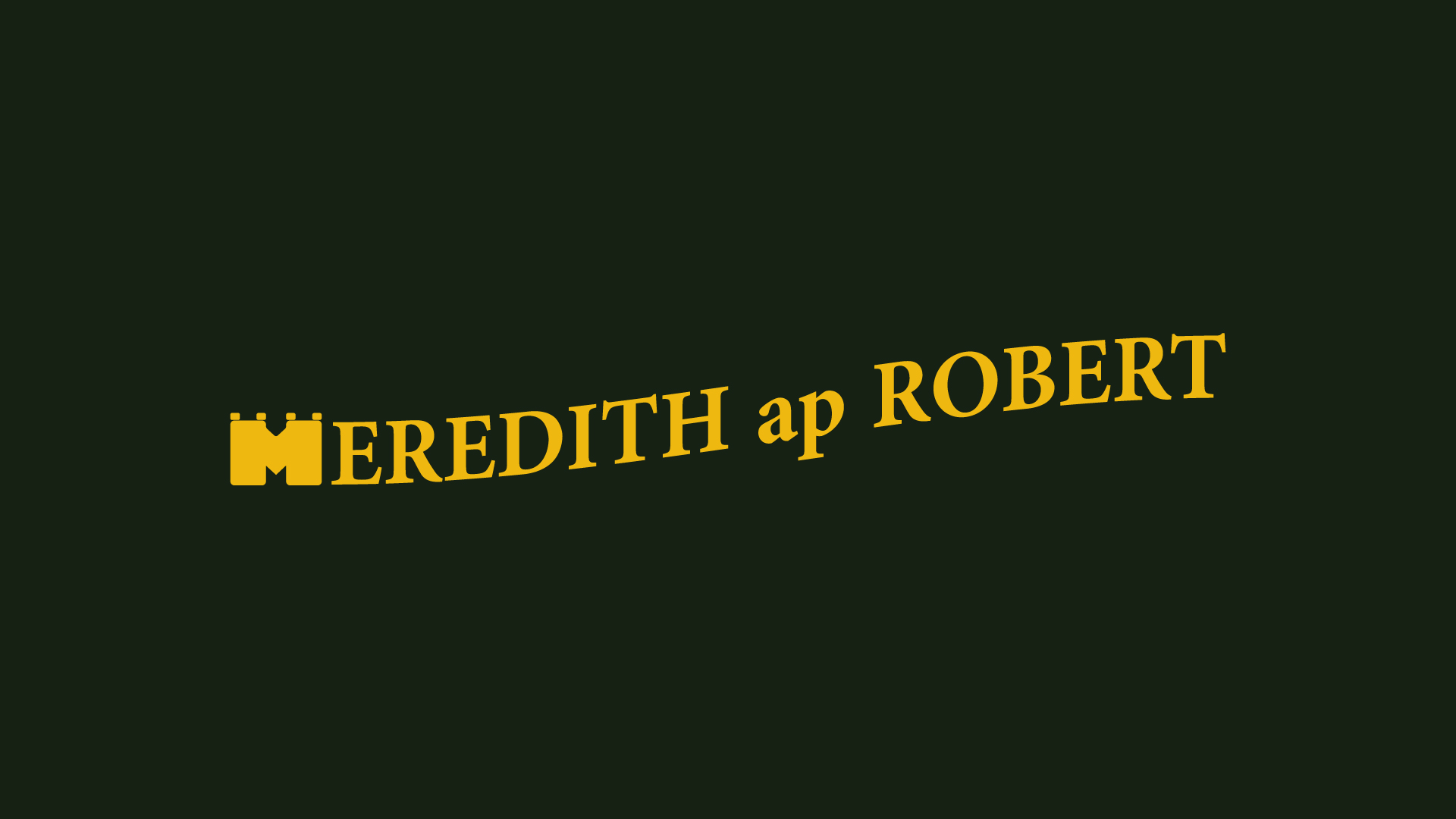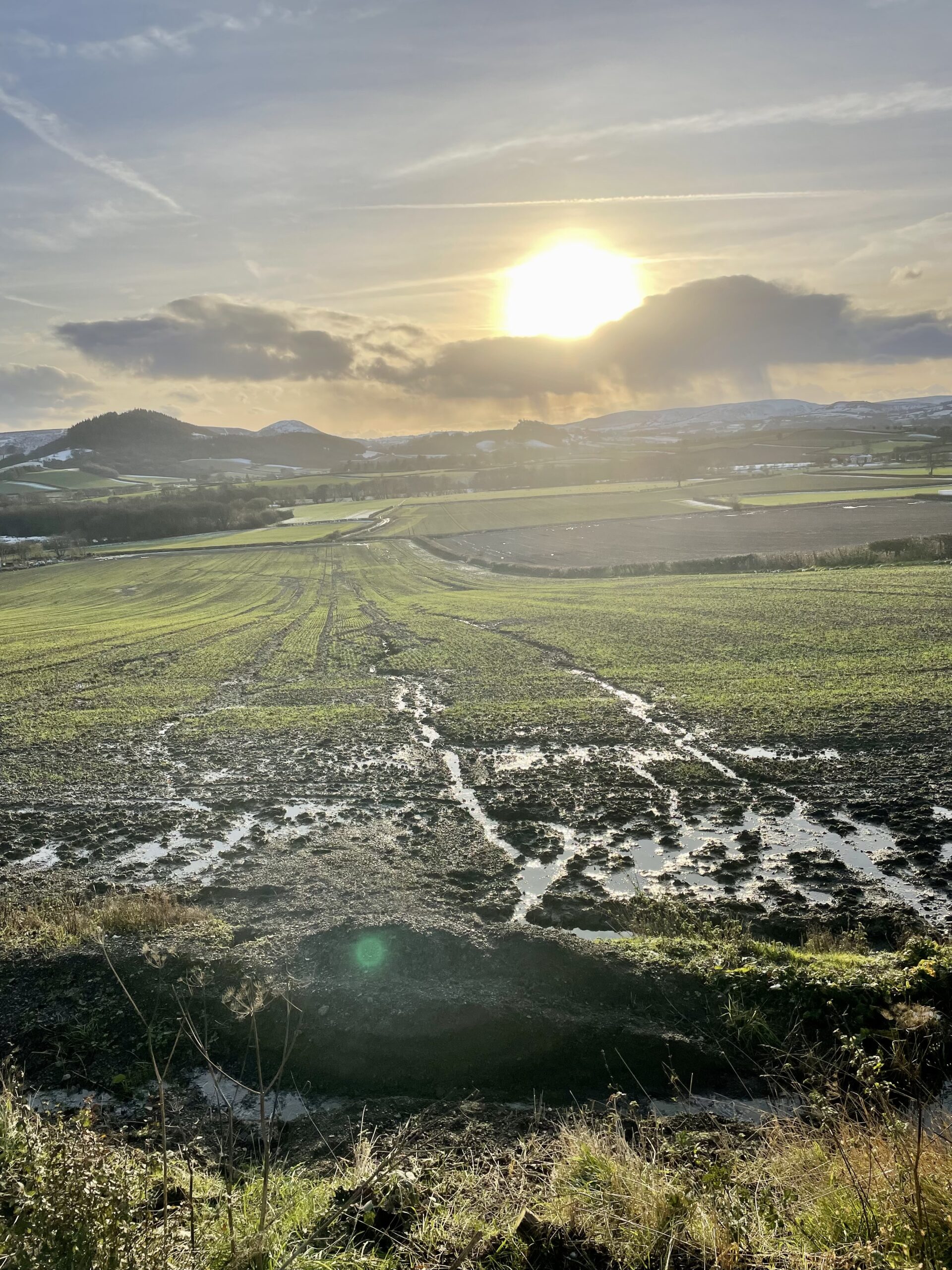When a friend from undergrad heard about my plans to pursue a master’s degree in Wales (Cymru), she told me, “It’s wonderful to hear you’ve found what brings you joy—and will send you to Wales, where you’ve always belonged.”
And it’s true. Call it a longing or a calling, but I’ve felt it for a long time.
A middle school ancestry project piqued my curiosity about my family’s heritage. My great-great-great grandfather William Meredith emigrated from the rural, semi-agricultural regions along the border between Cymru and England, in the historic county of Radnorshire—now a part of Powys. A few years later, his brothers Thomas and James followed him.
For an unhappy kid who hated life in the suburban Midwest, there’s nothing to fire the imagination like a land with more castles per square mile than anywhere else in Europe. I wanted to learn more, so I checked out every book on Cymru from my middle school library.
Alas, there were only two.
One was a picture book that introduced me to women in tall black hats, sheep-covered hills, foreboding castles—and a word that remains one of my favorites still today: spelunking. The other was A String in the Harp, a children’s novel that brought Peter, a twentieth century American boy living near Aberystwyth, face-to-face with the legendary bard, Taliesin.
But why only these two books? Why wasn’t there more? Cymru, or Wales in the English, is a place that elicits confusion about the royal family’s relationship to it (“Oh, wait, wasn’t Diana from there?”), comic misspellings (looking at you, Donald Trump), and, if you’re a certain age, perhaps some nostalgia for Tom Jones and Shirley Bassey.
It wasn’t until I took a university-level course on Arthurian literature that I fully understood the extent to which this dearth of written material wasn’t coincidental, but instead the product of conquest and colonization.
As a young queer person, my family’s heritage had extra meaning for me. As I struggled to understand myself, I took solace in the resilience of the Welsh, the Cymreig, and the idea that although sometimes difficult to pinpoint, their stories were still alive and present for those determined enough to search and patient enough to listen—as exemplified by Peter in A String in the Harp.
Over the past 14 months in Cymru, I have been able to travel to Radnorshire several times—not the easiest thing to do as it’s one of the most remote and poorly connected counties in the whole country.
Nothing is quite like having your feet on the ground to really set your mind to wandering in the footsteps of your ancestors—to ask yourself how they would have shouldered the weight of early winter sunsets, whether the wet and cold weighed down on their lungs as well as their shoulders, or whether the Radnorshire foothills felt like heaven, or prison walls.
I have been able to briefly visit the area several times now, though never long enough for my liking. I dream of laying my head to rest in the valleys my family worked. Of puttering around. Of sinking my hands in the earth.

My family came to visit. My parents, two aunts, and a cousin. We met with Ivan, a local historian and now a friend, in England, just over the border in Kington, before crossing back to the Evenjobb Farm where my family worked. We’ve wandered the hillside of our parish church, Old Radnor—Pencraig, or hilltop, in Cymraeg.
And what a hilltop.
One day, I’ll have enough money to stay at the inn for a week. Maybe two. When it isn’t raining, you’ll find me walking up and down the hills, looking for Merediths in cemeteries. When it is raining, you’ll find me in pubs looking for Merediths, nursing a pint, writing.
One day. But in the here and now, I can say it has been the pleasure of a lifetime to find my way home—no, neither living in my family’s hometown nor in their home county, but living somewhat adjacent, close enough to take the often overcrowded, but sometimes empty trains through Cymru’s vast and wondrous heartlands, to wind our way up and down the Radnorshire hillsides alternately by bus and by car, to witness pure gold blanket the valleys as we descended from Pencraig for the shadowy valleys of the Marches.
My family has left once already. And so I must leave now, too. I am the first generation to go back, but I know I won’t be the last.
Meredith ap Robert

If you enjoyed this article, please consider supporting me on Patreon for as little as $2/month!


